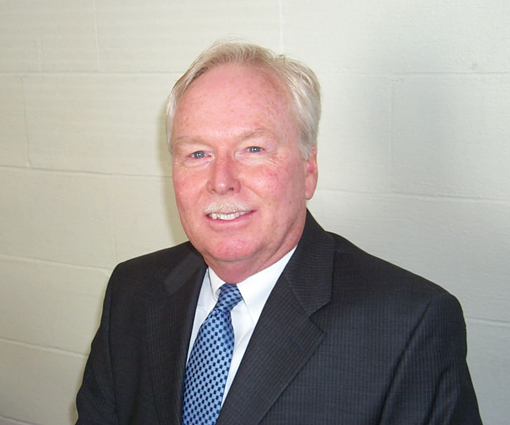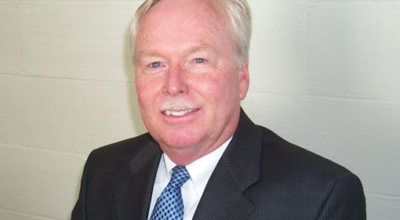Green eggs, cats in hats and a whole variety of fish
Published 6:16 am Tuesday, February 26, 2013
This Saturday is the celebration of one of the most beloved figures in American literary history. Some will say that he was nothing more than a “children’s author,” as if that diminishes his amazing talent. I will argue that his oeuvre can be matched up against any American author who’s ever lived.
I am speaking of Theodor Seuss Geisel — more commonly known as Dr. Seuss. His birthday is March 2, and even though Dr. Seuss died in 1991, his memory lingers on as strong as ever.
Like many Americans, I have truly fond memories of Dr. Seuss. In addition to owning all of the classic books — The Cat in the Hat; One Fish Two Fish Red Fish Blue Fish; and Green Eggs and Ham, among others — my family also had Seuss stories on videotape and audiotape. My brother, sister and I read Seuss, listened to Seuss, watched Seuss, and lived Seuss.
I realize there are some who will question the wisdom of allowing young children to read Dr. Seuss. After all, his stories often had subtle (and not so subtle) morals and messages that many would argue are of a “liberal” tilt. The Lorax is obviously about environmentalism and anti-consumerism; The Sneetches deals with racial inequality issues; even How The Grinch Stole Christmas can be seen as a tirade against the capitalistic consumerism of the holiday season.
I would have two rebuttals to those complaints. First, what exactly is the problem in teaching kids that it’s important to keep the world in good shape, and not discriminate against people based on how they look? While people may not agree with taking these ideas to the extreme, I would shudder to believe that there is anyone out there who believes that they are completely wrong and should not be taught to kids at all.
Secondly, it once again comes back to the parents. I had parents who explained that even though The Lorax “spoke for the trees,” it didn’t mean that all factories and industries were bad. They were quick to point out that there are a lot of industrial companies who plant trees and do other great things for the environment. My parents realized that the value of exposing their children to the amazing imagination and creativity of Dr. Seuss far outweighed any concerns of possible “brainwashing.”
There is a lot that has been said and written about how we can improve the academic standing of our nation’s children. There has been just as much written about how parents can become more involved in their children’s education.
I have a suggestion. Every parent should read their child one Dr. Seuss book a week. And then have that child draw a picture from the book.
But be sure to do the voices.





